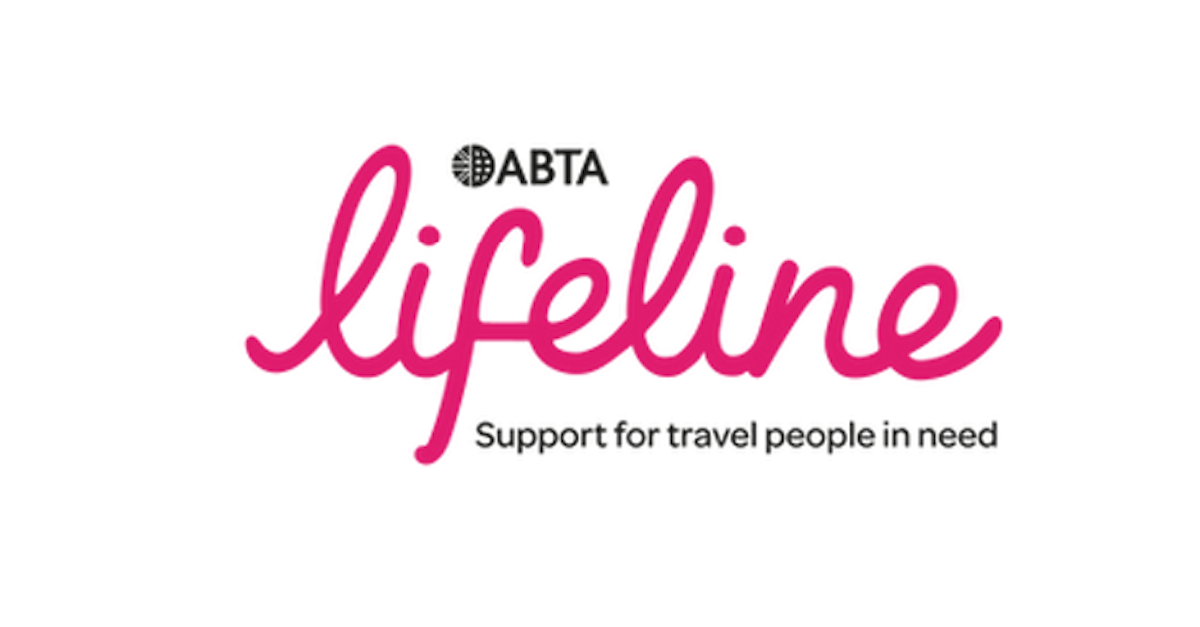You are viewing 1 of your 2 free articles
Comment: Abta financial protection refresh brings more choice
I joined Abta in October 2020 and for the first two years of my role the travel industry was in turmoil due to the Covid-19 pandemic.
There were challenges not just in terms of impacted bookings, refunds and cancellations but in continuing to obtain sufficient financial protection and merchant services in an environment where many financial services, bond and insurance providers had almost or entirely withdrawn from the sector.
The risk profile of the travel industry had also changed.
Many companies were holding much larger amounts of customer monies for longer periods due to the sheer volume of postponed and forward bookings they were holding. The ongoing impact of the pandemic also meant there was a higher risk of travel companies becoming insolvent.
This resulted in travel companies requiring higher levels of bonds than in previous years in order to continue to comply with the Package Travel Regulation (PTRs). As a Department for Business & Trade (DBT) approved body, Abta had to adapt some of its processes to help members comply with the regulations while operating in a higher risk environment.
We supported members during the pandemic by introducing the Refund Credit Note (RCN) regime, allowing members to offer customers an RCN – to re-use monies paid for a future booking – in addition to the normal option of obtaining a refund.
The Civil Aviation Authority (CAA) followed our lead for Atol bookings. This was a lifeline for many travel companies, helping them to stay in business.
As we emerge from the pandemic and customer monies held by travel companies return to more normal levels, a big focus for Abta has been how we can offer more choice and flexibility for members around financial protection arrangements while also ensuring members and Abta meet the regulatory requirements.
In November 2021, we started offering members the option of providing security by way of a trust account and we are happy to discuss this option with any members interested in doing so. This is in addition to the existing options of bonds or financial failure insurance.
And this year, following a periodic thorough review of Abta's membership rules, financial criteria, reporting requirements and approach to bonding, we have introduced a number of initiatives to support members with their recovery.
The primary aims have been to simplify processes for members as far as possible; to help create time savings and cost savings for as many members as possible; and to refresh our financial protection options so they provide the optionality and flexibility members need.
In summary, the new initiatives are:
- A ‘Bond+' scheme which offers members multiple bond and insurance options to protect their principal business, allowing members to decide on the option that works best for their business.
- A ‘Retail Premium+' scheme which provides eligible members (with an Applicable Risk Turnover of less than £500,000) the opportunity to protect their retail business by way of an insurance-only option with Abta instead of providing a bond.
- Reduced quarterly reporting requirements which will save some of our smallest members time and costs.
- Revised financial criteria which will require positive adjusted net assets, positive adjusted working capital and positive share capital. This is down from our previous requirement of minimum amounts of between £15,000 and £30,000 for each, which should encourage smaller businesses and start-ups into membership, enabling them to benefit from use of the Abta logo and our multitude of services.
The changes have been introduced from June. Abta's financial protection solutions are available to all members – irrespective of whether they currently provide security by way of a bond held by Abta or provide financial protection by other means.
I would encourage members to get in touch ahead of their next financial protection renewal to hear about the options from the ‘horse's mouth' and to make properly informed decisions.
I'm really pleased we have introduced changes that have been warmly welcomed by members and industry professionals – all of them designed with Abta members in mind, to allow Abta to continue providing quality financial protection services as our members recover and thrive.

















